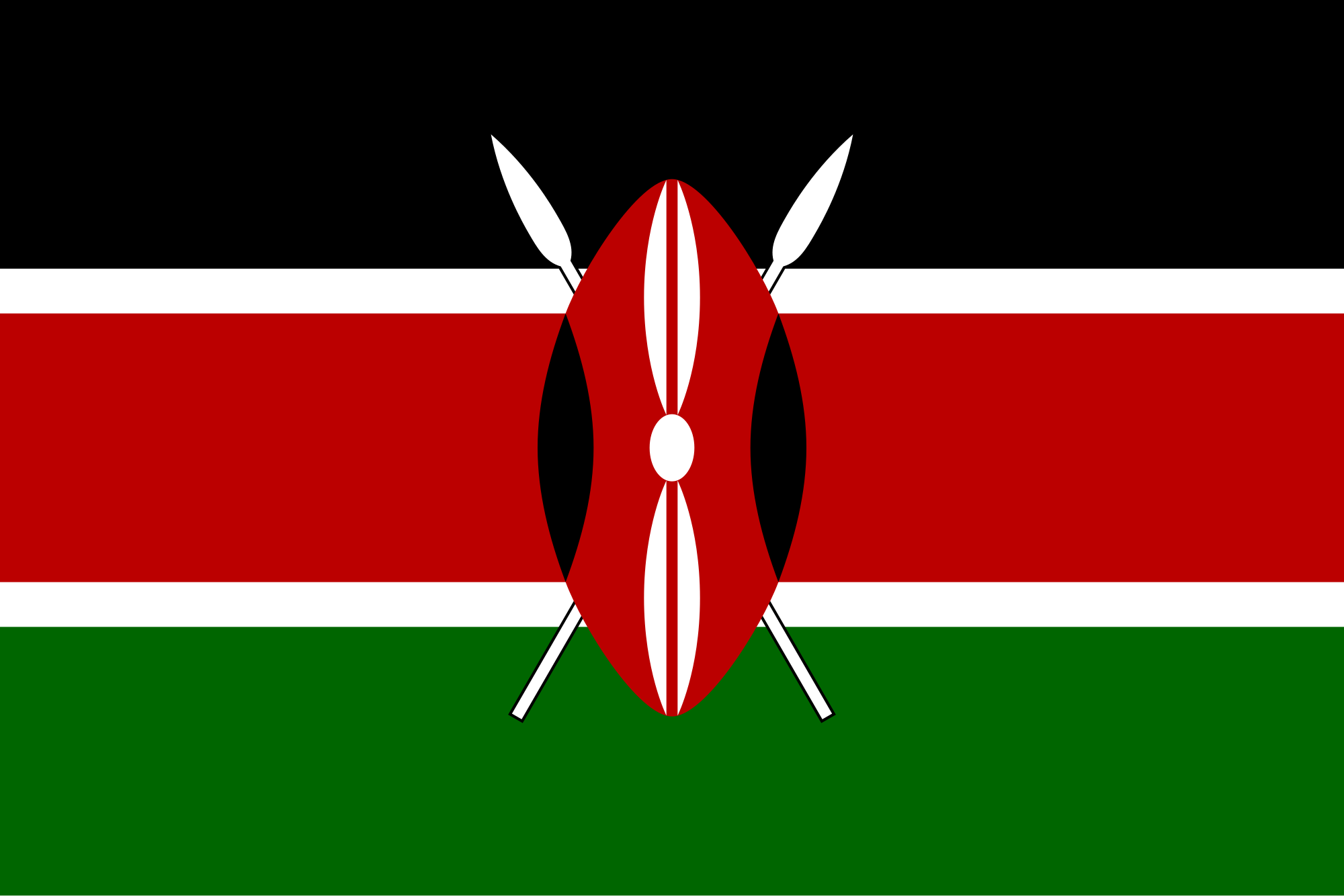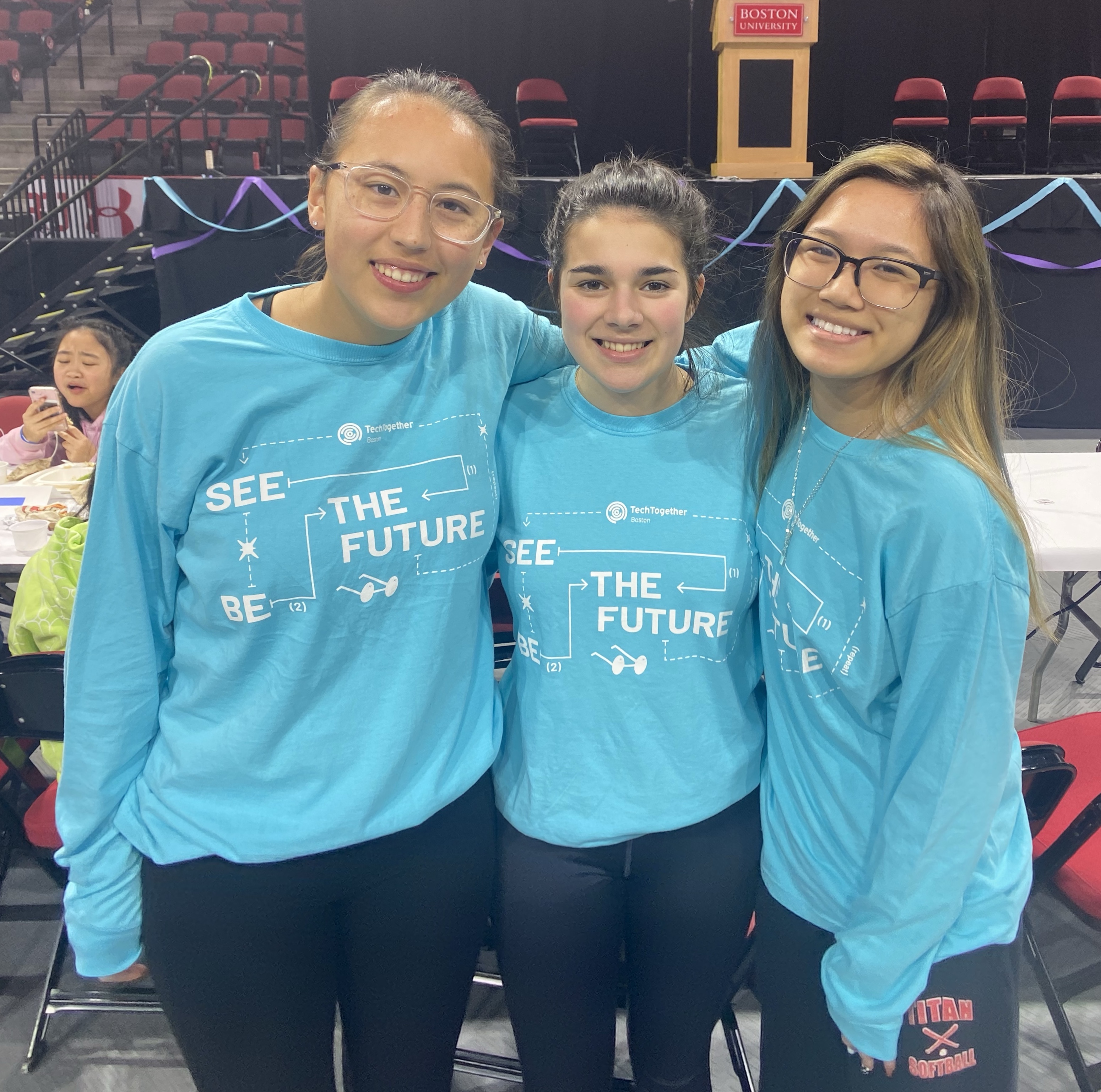Global Plastic Waste Generation
Data Visualization Map
Hover over any area to see how much plastic waste is generated daily per person.
In 2010, 275 million metric tons were calculated to have been generated by 192 coastal cities, with 12.7 million metric tons having had entered the ocean.
How is your plastic consumption?
Reflect on your plastic usage by taking our quiz and seeing how environmentally friendly your habits are.
Plastic Reduction Policies Around the World
Here are some policies and regulations already implemented around the world to help reduce plastic and waste consumption.

United States
Recently, Maine and Vermont passed statewide bans on plastic bags, while Maryland passed bills banning plastic-foam containers. Cities including New York and San Francisco, as well as companies like Starbucks, introduced plastic straw bans in 2018.

Australia
Australia has gradually phased out plastic bags at a regional level. As of 2019, lightweight
plastic bags were banned in all states except New South Wales. In major Australian supermarket chains, lightweight
plastic bags were swapped out for reusable thick 15¢ bags.

Kenya
Kenya has one of the world’s harshest plastic bag bans. Using, producing, or selling a plastic
bag in Kenya can be punished by up to four years in jail or a $38,000 fine.

Taiwan
Building on previous environmental regulations on waste such as a recycling program and extra fees for
using plastic bags, in 2018 Taiwan announced plans for stricter plastic bans. The wide-ranging ban
will be implemented by 2030, and will restrict the use of single-use plastic bags, straws, utensils, and cups.

United Kingdom
The U.K. has a 25 year environmental plan to help with the plastic waste from their country. The U.K. has banned microbeads in soaps and toiletries, passed legislation to eliminate plastic straws, and provided funding to school programs for environmental awareness education.

France
Following its ban on plastic bags in 2015, France announced a total ban on plastic cups, plates,
and cutlery in 2016, making it the first country to do so. The ban went into effect in 2020.

Do you have taxes or bans on plastic waste in your area?
If you do, great! If you don't...
It's okay! Many places don't have regulations for environmental protection, but that doesn't mean that your area never will! Write to local or state representatives to make eco-friendly changes in your area.
Fast Facts
8.3 billion metric tons of plastics have been produced in the last six decades
Only 12% of plastic waste has been incinerated, 6.3 billion metric tons is still around and considered plastic waste
Of this waste only 9% has been recycled
Alternatives and Their Impact
Here are some impacts of specific plastic wastes and alternatives to help reduce the waste that we produce.
-
Plastic Water Bottles
Reuseable water bottles are durable, lightweight, and usually dishwasher-safe. In the United States, the average person drinks about 31.8 gallons of bottled water each year. The size of most disposable water bottles is 16 ounces, which would equate to 11 water bottles per day per person. If one person switched to a reusable water bottle, 217 plastic water bottles will be saved from going to a landfill.
-
Plastic Bags
Reusable bags can be made from durable fabrics and are usually for sale at supermarkets, so you could pick up a few before you go shopping and use them for the rest of your life. Each year, an estimated 500 billion to 1 trillion plastic bags are consumed worldwide. That comes out to over one million bags per minute. The average family accumulates 60 plastic bags in only four trips to the grocery store. One person using reusable bags over their lifetime would remove more than 22,000 plastic bags from the environment.
-
Plastic Utensils
Reusable utensils can be made out of various materials including metals, bamboo, and plant starch and can be reused countless times, many of them are easily portable. The World Economic Forum puts the number of individual plastic utensils wasted at 40 billion per year in the United States.
-
Plastic Straws
Reusable straws are most commonly made out of metal or silicone and while only some are highly portable, the benefits are well worth the minor inconvenience. 500 million straws are used and thrown away each day in the U.S.A., meaning for a family of four, that’s 6.4 straws per day per family, that’s 2,336 straws a year per family.
-
To Go Containers
There are various options and reusable containers that can be used to manage this source of plastic waste. The plastic waste from takeout orders collectively is estimated at 269,000 tons. If you can, eat in and use washable dishes and utensils. There are many alternatives that restaurants can and should be making to help the plastic waste issues, try to eat from restaurants that are making these efforts.
-
Disposable Cups
Reusable coffee mugs and cups are often sold right at cafes before you order your coffee and can keep it warm or hot An individual who purchases a disposable cup every day will create 23 pounds of waste per year.
-
Plastic Sandwich and Snack Bags
Snack Packs are plastic, washable resealable bags that can be used to package your food everyday. On average, a person uses nearly 500 single-use snack bags a year.








